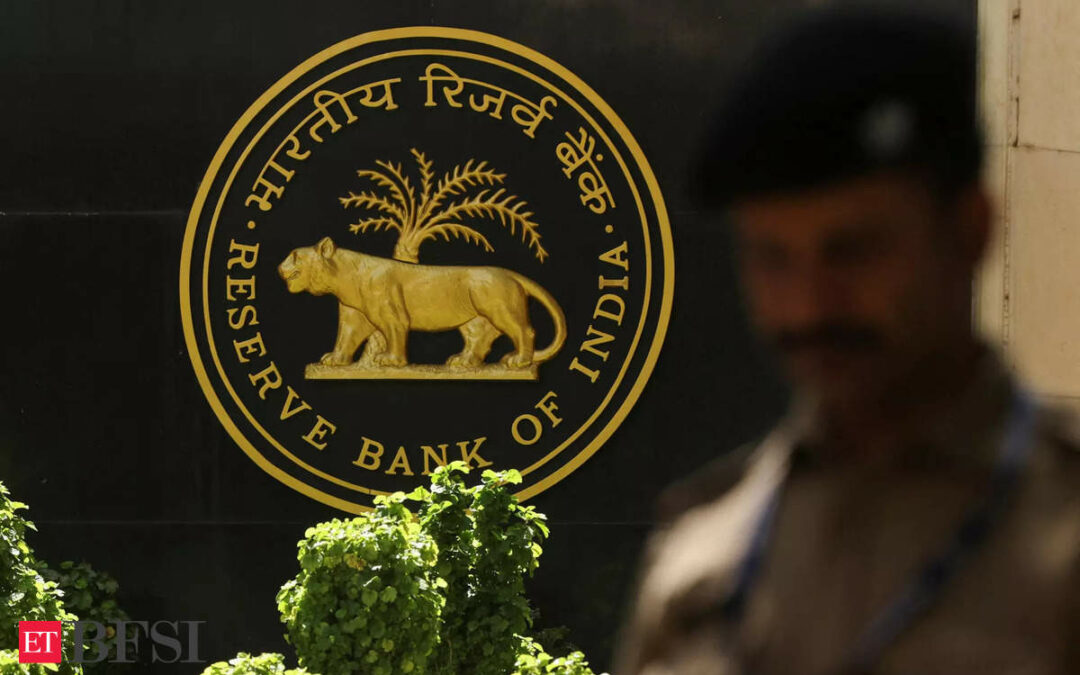In a meeting with banks, RBI has outlined five areas including a customer-centric approach, addressing the root cause of complaints, importance of resolution at the first point of contact, responsible handling of complaints including equipping front-line staff with authority, tools and training and combating cybercrime for banks to work upon.
The Reserve Bank of India has asked banks to focus on five key areas for banks in dealing with their customers while stressing on the importance of cultivating a culture of continuous improvement.
The five areas are a customer-centric approach, addressing the root cause of complaints, importance of resolution at the first point of contact, responsible handling of complaints including equipping front-line staff with
authority, tools and training and combating cybercrime, RBI deputy governor said Swaminathan J addressing a meeting of Heads of the Customer Service Committee of the Board, Managing Directors, Executive Directors in-charge of customer service verticals and Principal Nodal Officers of major banks. He also emphasised that quality of customer service is a journey and not a destination.
Discussions during the meeting revolved around approaches to address customer grievances promptly, streamlining grievance redressal mechanism, leveraging technology to enhance customer experiences, prevention of frauds and loss mitigation, and the need for creating more awareness and responsible policies to achieve excellence in customer service.
Customer-centric approach
Swaminathan said the regulated entities should ensure that employees understand that their primary responsibility is to serve customers’ financial needs. There should be clear and transparent incentive structures that reward employees for delivering quality financial advice and services rather than just making sales. Staff should ensure that products are recommended based on the customer’s financial situation, goals, and risk tolerance. Towards this, every financial institution should have a policy for customer appropriateness and product suitability framework,” he said, adding that by adhering to such a policy framework in letter and spirit, REs can greatly reduce the mis-selling complaints which form a substantial portion of the complaints.
Regular analysis of customer feedback, complaints, and suggestions can serve as an invaluable compass in navigating toward a service-oriented future, he said.
Stating that it has come to the RBI’s notice that some of the Banks have adopted an innovative approach to classify certain complaints as queries which results in understating the problem, he said, “We seek to disincentivise such practices and as a Regulator, we will not hesitate to act in case if it turns out to be an entity wide behaviour. I, therefore, request the Customer Service Committees to keep a close watch and guard against such practices.”
Resolution at first point of contact
He said the regulated entities should empower their customer facing staff to resolve issues at the point of first contact. The objective should be to ensure that complaints rarely need to be escalated to the Internal Ombudsman or the Reserve Bank Ombudsman.
“Employees, therefore, must be fully equipped to deal with customer service-related issues. They should be provided adequate training and tools to handle customers well. Further, the commitment to training and development should extend beyond the initial onboarding process. Continuous learning and skill enhancement programs must be in place to adapt to changing customer expectations and the evolving landscape of financial services,” Swaminathan said.
On complaints emanating from staff misbehaviour, he said while it may not be possible to fulfil the demands of clients to their full satisfaction, no one has a right to behave badly with the customer. “Such complaints must be dealt with firmly and deterrent action must be initiated quickly to ensure that employees don’t indulge in such misdemeanours, he said.
Combating cybercrime
Regulated entities must strengthen their systems, raise customer awareness and collaborate with other banks and law enforcement agencies, he said. “Enhancing cybersecurity involves not only implementing robust technologies but also fostering a culture of vigilance amongst employees. Cybersecurity awareness campaigns, regular drills, and collaborative initiatives can fortify our defences against the ever-evolving threats in the digital realm,” Swaminathan said.
Internal ombudsman
He said the regulated entities must ensure that the Internal Ombudsman is adequately resourced. “Our feedback indicates that the IO framework in a few institutions is way below the requirement and adequate importance is not being accorded to this process by the management, he said. “By investing in the Internal Ombudsman’s capabilities, regulated entities demonstrate their commitment to transparent and fair grievance redress,” Swaminathan said.











